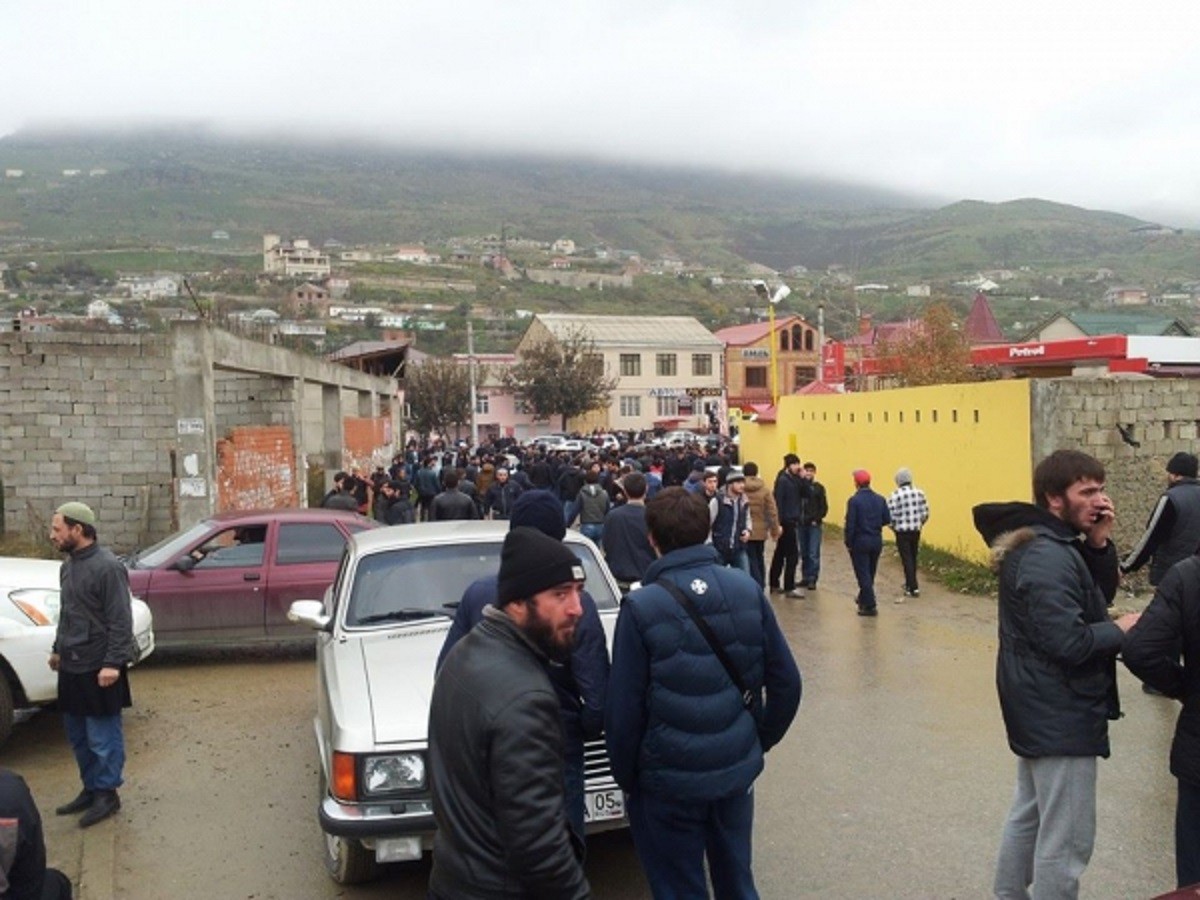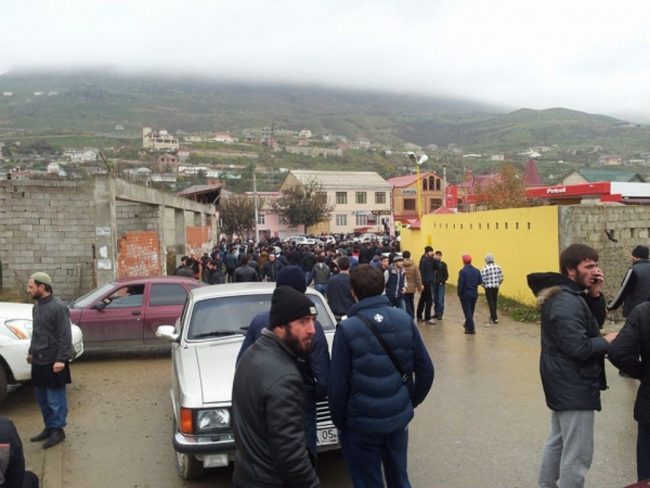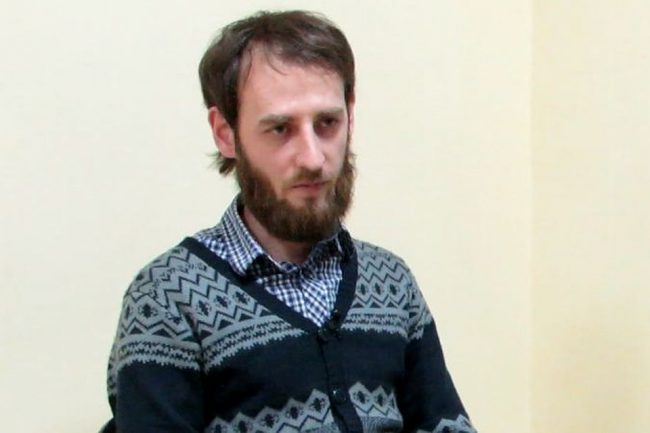

 A resident of Daghestan has accused the authorities of pressuring him to confess to being an ‘extremist’ over a video he shared on social network VKontakte five years ago. The man, who asked not to be named, told OC Media he is being accused of inciting ethnic hatred over the post.
A resident of Daghestan has accused the authorities of pressuring him to confess to being an ‘extremist’ over a video he shared on social network VKontakte five years ago. The man, who asked not to be named, told OC Media he is being accused of inciting ethnic hatred over the post.
Zakir (not his real name) told OC Media that he shared a video titled ‘Russian converts to Islam for jihad in Afghanistan’ in 2013.
On Wednesday, Zakir was charged under Article 282 of the criminal code, relating to ‘inciting hatred or hostility, and humiliation of human dignity’. He faces up to 2–5 years in prison if convicted, his lawyer told OC Media.
‘I was 21 years old at the time and didn’t quite understand religion or perform prayers’, Zakir said. ‘I didn’t really understand what [the video] was about. Five years later, it [was brought up] by the Centre for Countering Extremism under the Ministry of Internal Affairs. I don’t have any [extremist] beliefs. I’m just a practicing Muslim’.
According to Zakir, he was summoned to the Centre for Countering Extremism in February under the pretext of removing his name from the ‘preventative supervision list’. Zakir was placed on the list, which restricts people’s freedom of movement, in 2016 after being detained by police outside a mosque in Makhachkala following Friday prayers. ‘I asked them if it is forbidden to attend this mosque? They answered that it wasn’t, but I was still put on the register’, Zakir said.
[Read on OC Media: The courts are the last hope for Daghestanis on Russia’s ‘preventive supervision list’]
According to Zakir, the video contained a man with a beard walking through the desert, who said that ‘you need to rebel against the tyrant, do not just sit’. Under his post, Zakir wrote a comment that police officers interpreted as supporting the thoughts of the man with the beard.
‘I did not feel like I had done something illegal, so at first I did not turn to lawyers or human rights activists’, Zakir said.
‘They said that a case came concerning me from Moscow and that we need to sort it out. I asked if I could go home and consult with my parents and a lawyer. They threatened to find something more serious on my page if I spoke to someone’, said Zakir.
Zakir said he was presented a confession to sign in which he admitted to previously adhering to ‘the radical current’ but now no longer doing so.
According to him, he was assured that there would be no serious consequences for him — a maximum fine of up to ₽150,000 ($2,400), and if he confessed, even less. But Zakir said he did not agree to this and did not sign the confession.
‘Inciting hatred or hostility’
Zakir’s lawyer, Murad Magomedov from Russian rights group Memorial, specialises in cases in which people are accused of ‘extremism’. He told OC Media that investigators had been trying to initiate criminal proceedings under Article 282 of the Criminal Code, which covers ‘inciting hatred or hostility, and humiliation of human dignity’ since November, but had only managed to do so now.

According to him, the video is not enough to move ahead with a prosecution and ‘this is why an investigator recently called and asked Zakir to confess, blackmailing him by saying they would otherwise send case to court and place him in custody while a preliminary investigation was conducted’.
Magomedov said the charge were most likely invented in order to artificially inflate the number of successful convictions carried out. Prosecution’s under Article 282 often appear on the websites of the Investigative Committee and the Prosecutor’s Office of Daghestan. He also suggested it could be connected to recent efforts to decriminalise Article 282.
On 25 June, a bill was submitted to the State Duma, Russia’s lower house, that would have made ‘inciting hatred or hostility, and humiliation of human dignity’ an administrative offence. The bill would have replaced the current penalties, up to 2–5 years in prison, with a maximum penalty of fifteen days administrative detention. The government and Supreme Court rejected the bill.
According to think tank Sova, there was a 96% increase in the number of convictions for ‘extremist statements’ made on the internet in Russia in 2017. In most cases, Article 282 of the Criminal Code was applied. According to Sova, jail time is increasingly being applied by the courts, with 47 such cases in 2017, up from 36 in 2016.







